East India's Famous Hill Stations
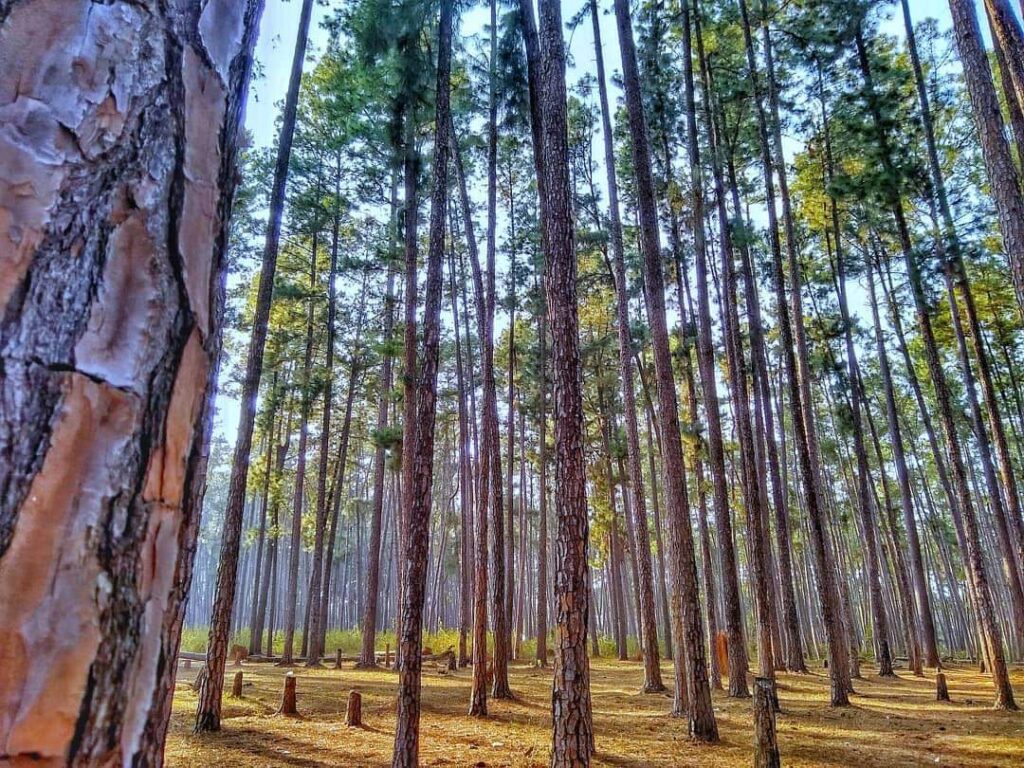
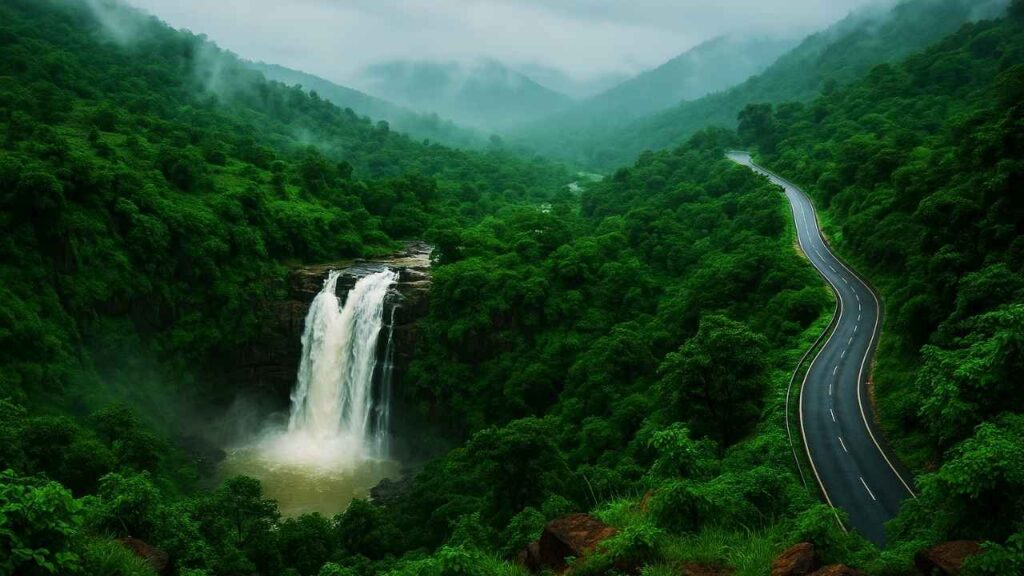
The East India’s Famous Hill Stations offer a refreshing blend of serene hill landscapes, forested slopes, and cool, misty weather, perfect for travelers seeking peace and nature’s calm. Tucked away in the folds of the Eastern Ghats and plateau regions, these hill destinations captivate visitors with rolling greenery, quiet sunrises, and breathtaking valley views.

Daringbadi
Odisha
Daringbadi is often dubbed the “Kashmir of Odisha”. Surrounded by pine forests, rolling valleys, and coffee and pepper gardens, it offers a scenic, cool-climate escape within the Eastern Ghats. The combination of misty hilltop views, forested slopes, spice/coffee plantations, and a quieter, off-beat vibe. In winter, the temperature can drop dramatically, and the morning frost gives a very different feel. It offers peaceful nature, fresh hill air, beautiful vistas, and the chance to explore subtler hillside life
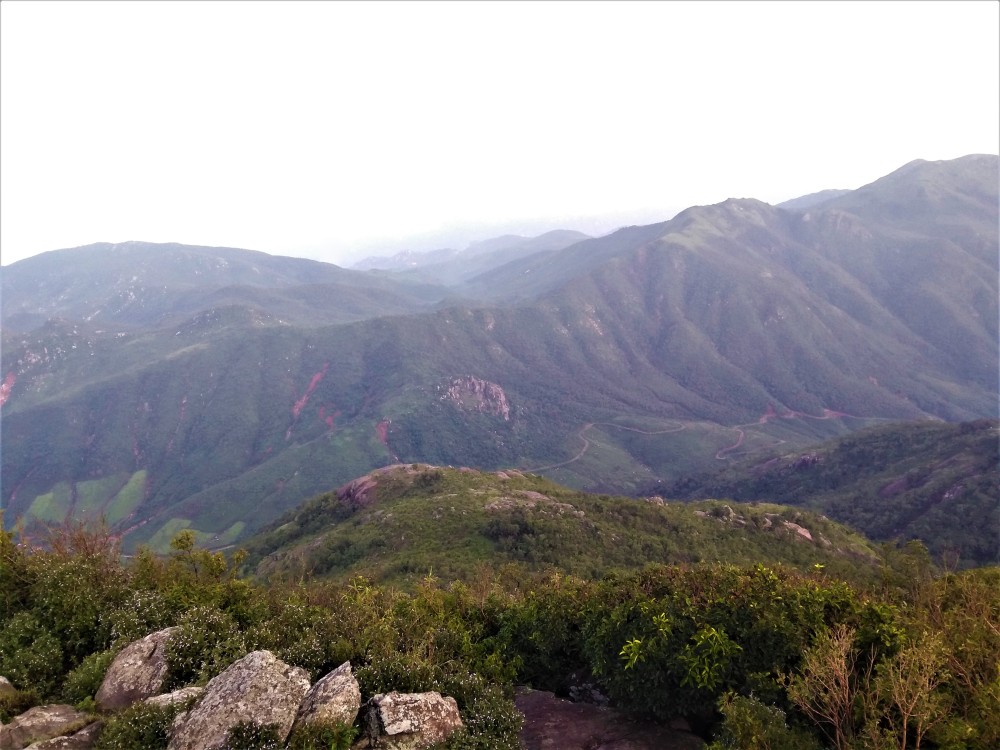
Mahendragiri
Odisha
Mahendragiri is a hill rich in natural beauty, mythological resonance and tribal heritage. The hill is known for its dense forest cover, medicinal plant diversity, ancient temples associated with epics like the Mahābhārata and Ramayana, and sweeping views of the region. It gives access to a more “raw” hill-station feel, cooler climes, deep forest surrounds, local culture, and panoramic vistas, making it a compelling alternative to more commercial places.
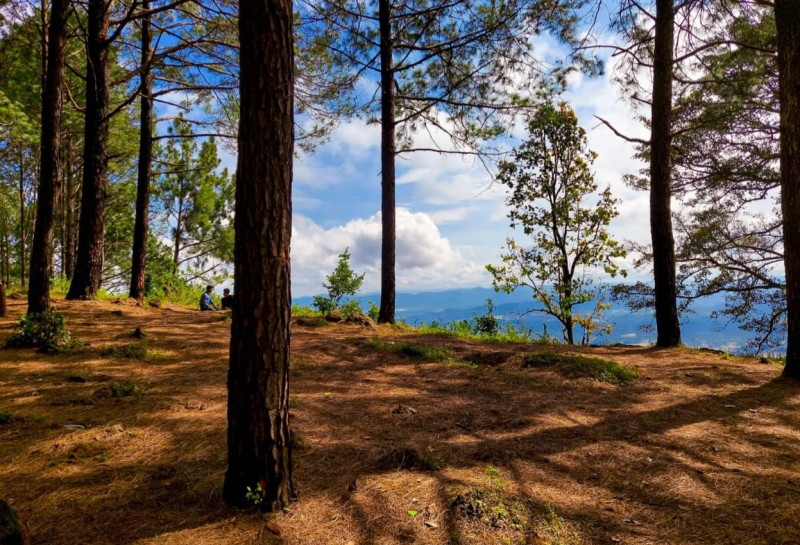
Netarhat
Jharkhand
Netarhat is surrounded by deep Sal-, Mahua- and Kendu-tree forests and panoramic hilltop views, it is often called the “Queen of Chotanagpur.” Its misty early-morning vistas, quiet woodland walks, and vantage points over rolling terrain make it a refreshing escape from busy plains. The specialty: it’s less commercialised, giving you real peace, nature immersion, beautiful sunrise/sunset views, and forest trails. You’ll get cooler weather, expansive views of forest hills, a quieter hill-station experience, and a chance to reconnect with nature away from crowds.
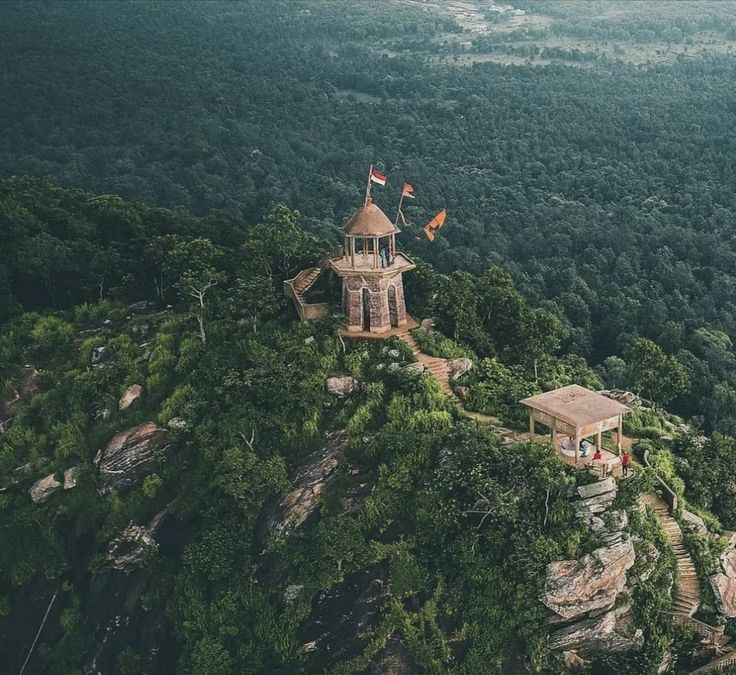
Hazaribagh
Jharkhand
Hazaribagh lies amidst the Kanheri Hills and lush greenery in Jharkhand. Often described as a hill-station with forested surroundings, lakes and a relaxed climate. It’s a combination of moderate altitude, ease of access, forest-hill ambiance and lakeside views. It’s worth a visit because you get the hill-station feel (cooler air, hill vistas) without extreme remoteness, and can easily pair with nature walks, lake visits and refreshment.
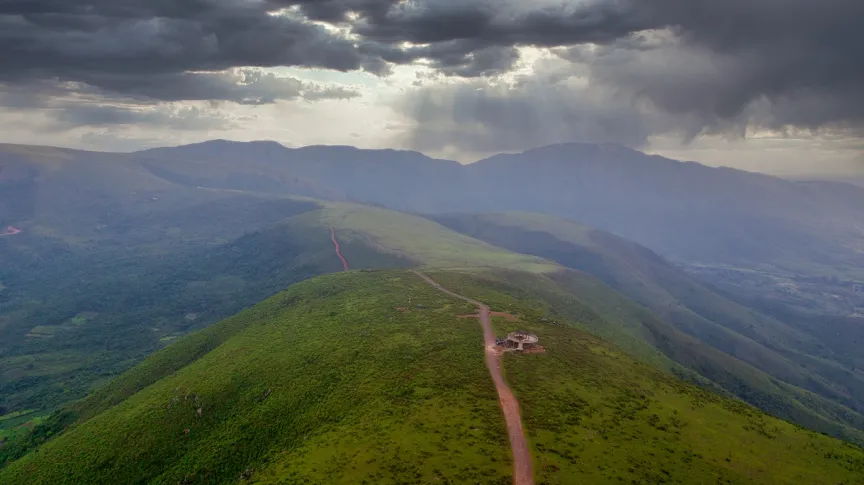
Deomali
Odisha
Deomali, located in the Koraput district of Odisha, is the highest peak in the state at about 1,672 metres above sea level. It lies in the Eastern Ghats, with dense forests, meadows, tribal settlements, and expansive views. It has raw natural beauty, fewer crowds, excellent for trekking, sunrise/sunset from the top. Visit it because it gives you an elevated hill-station experience deep in eastern India’s hills, nature at its best, cool climate and a sense of adventure.
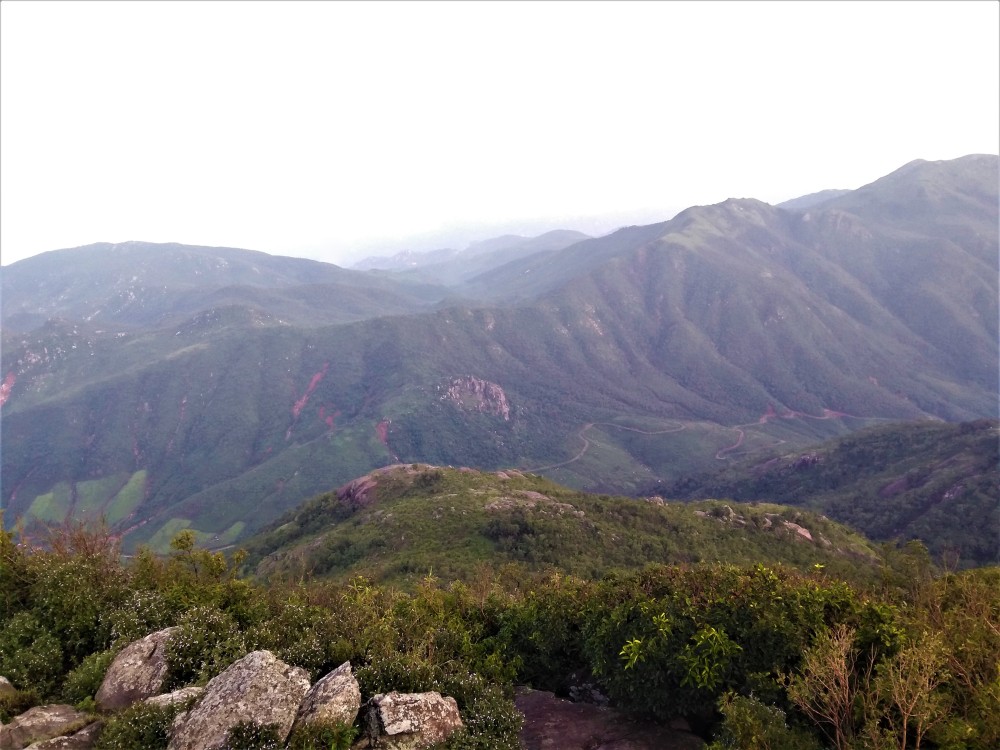
Mahendragiri
Odisha
Mahendragiri in Gajapati district, Odisha, rises to around 1,501 metres and is steeped in mythological as well as natural significance. It is surrounded by forested slopes of the Eastern Ghats and offers a tranquil hill-climate, ancient temples, and scenic panorama. You should visit because it offers a quieter alternative to more commercialised hills, nice vistas, cooler weather and a walk through culture as well as nature.
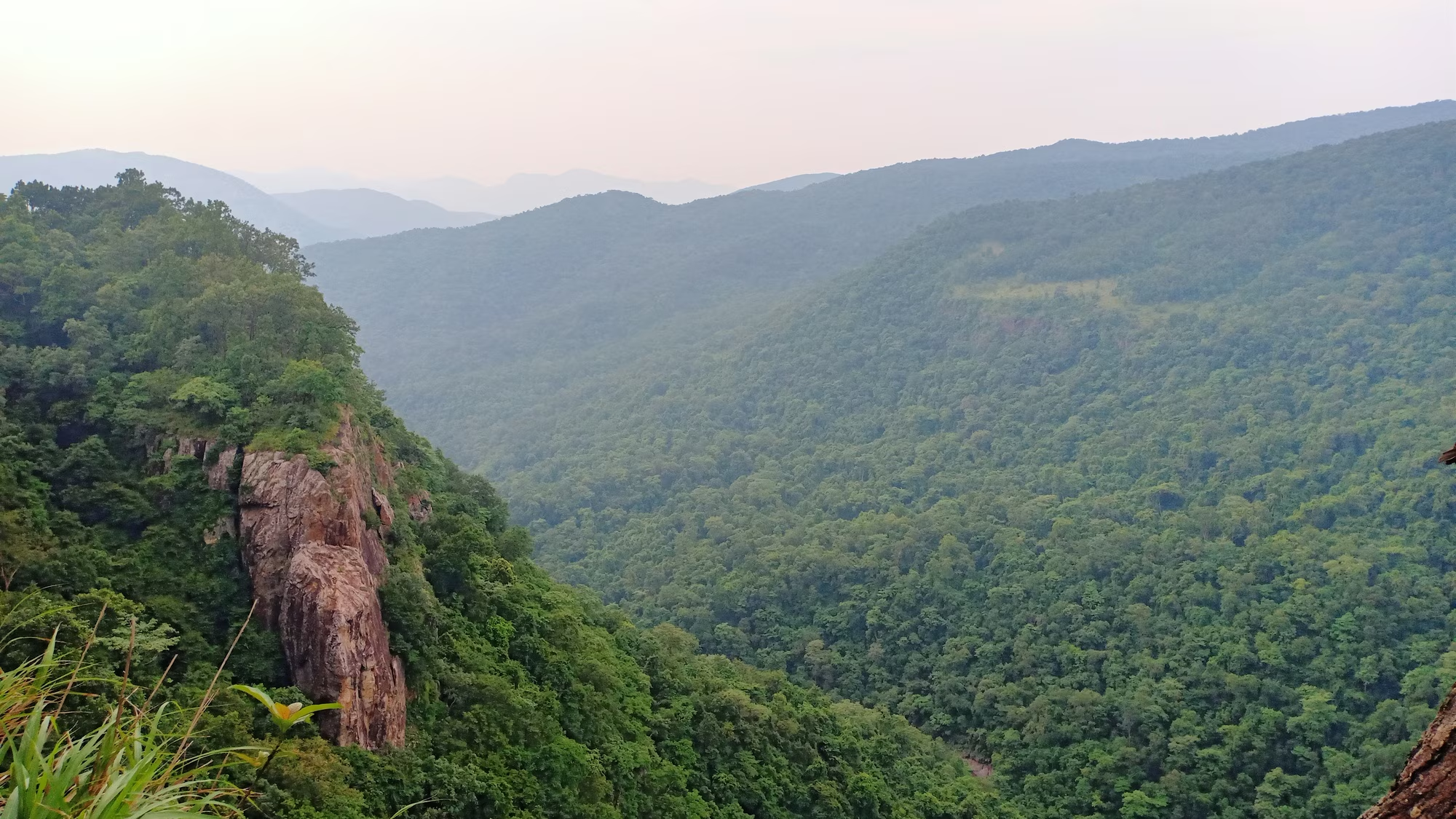
Gorumahisani Hills
Odisha
The Gorumahisani hills in the Mayurbhanj district of Odisha are lesser-known hill stations, listed among Odisha’s hill stations. Their specialty: rugged hills, forest backdrop, much quieter than mainstream hill stations, ideal for someone seeking solitude. Worth visiting because you’ll get off-beat hillside retreat, nature immersion, and an authentic hillside feel without heavy tourism infrastructure.
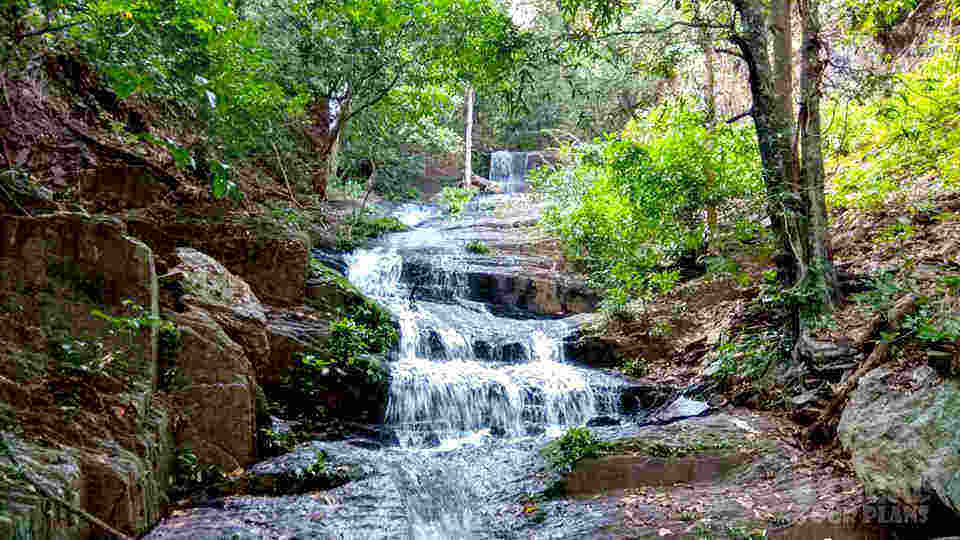
Kiriburu
Odisha
Kiriburu, in Keonjhar district of Odisha, is a hill-station in the Sundargarh/Keonjhar region, with higher elevation hills and forested surroundings. hills built around mining/forest landscapes, offering views of elevated terrain and cooler environs. It should be visited for hillside outlooks, experiencing a less touristy hill station, and being amidst forested hill terrain.
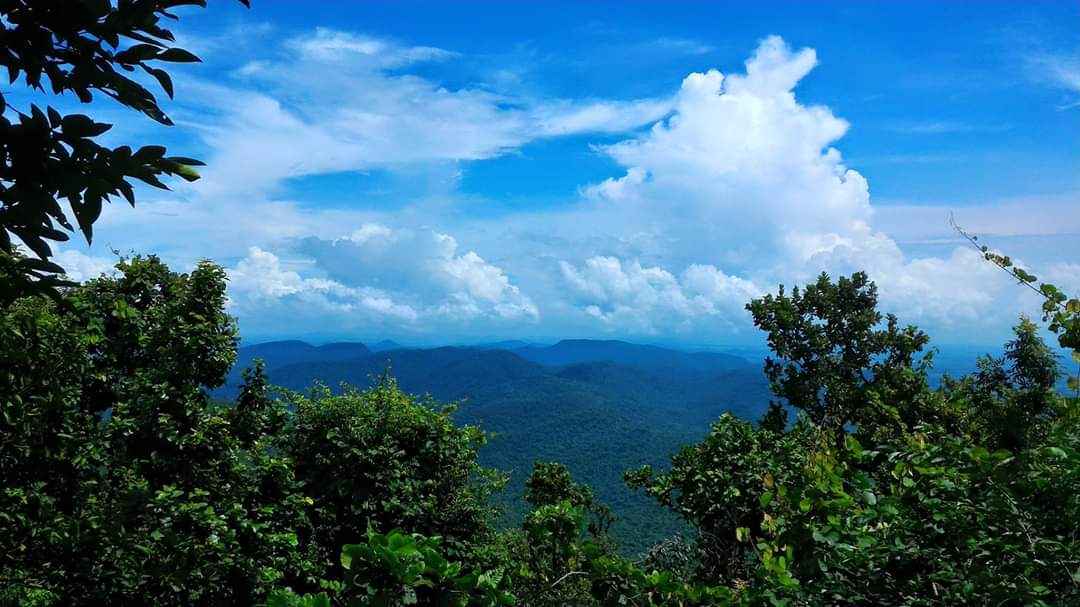
Kapilash Hill
Odisha
Kapilash Hill near Dhenkanal in Odisha, about 1,500 ft above the ground, surrounded by dense forest and overlooking the Mahanadi valley. Its specialty is a temple atop a hill, scenic forest surroundings, and a moderately elevated vantage, making it accessible yet a hillside retreat. Visit it because you get a hill-station feel close to plains, forest trails, a spiritual stop + nature escape.

Gonasika
Odisha
Gonasika in Keonjhar district of Odisha is noted in lists of hill stations, the place where the Baitarani River is said to originate from a rock in a hilly forest environment. Its specialty: a peaceful hill-station, forested environment, connecting to sacred river origin. Visit it for forest-hills, quieter escape, natural scenery, and a chance to combine hill-station with small-scale spirituality/river lore.
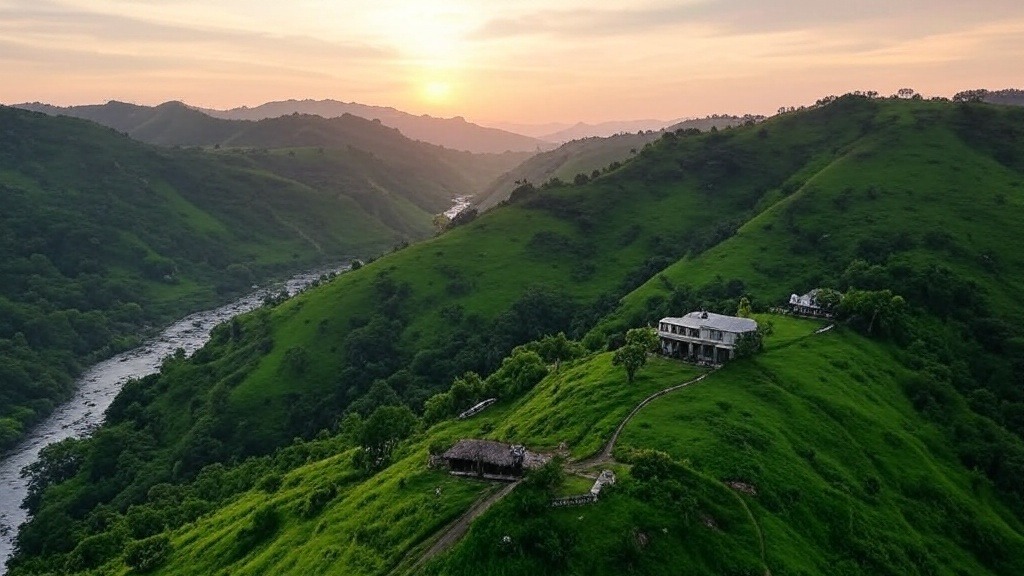
Ranchi
Jharkhand
Although officially a city, Ranchi sits at about 651 metres on the Chota-Nagpur plateau, and offers the feel of a hill station with its hilly terrain, waterfalls, and greenery. It’s combined urban convenience + hill-station ambiance. Visit it because you’ll get easy access, good infrastructure, hills, cooler climate, and the benefits of a hill-station without being remote.
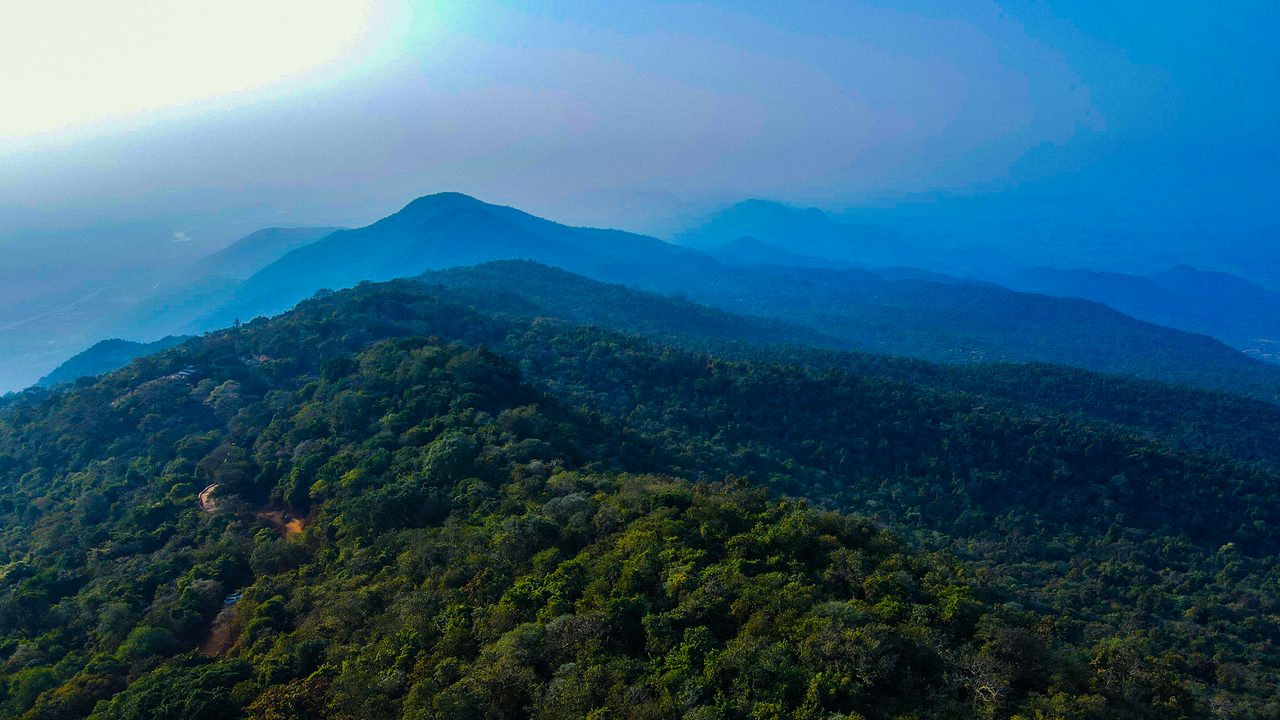
Dalma Hills
Jharkhand
Dalma Hills, near Jamshedpur in Jharkhand, form a forest-hill region that functions as a hill-station style retreat with a wildlife sanctuary, verdant hills, and a decent altitude. Its specialty: hills + forest + wildlife + hill-station leisure. Worth visiting because you’ll combine nature, hills, quiet stays, and a retreat-style environment away from heavy tourism.
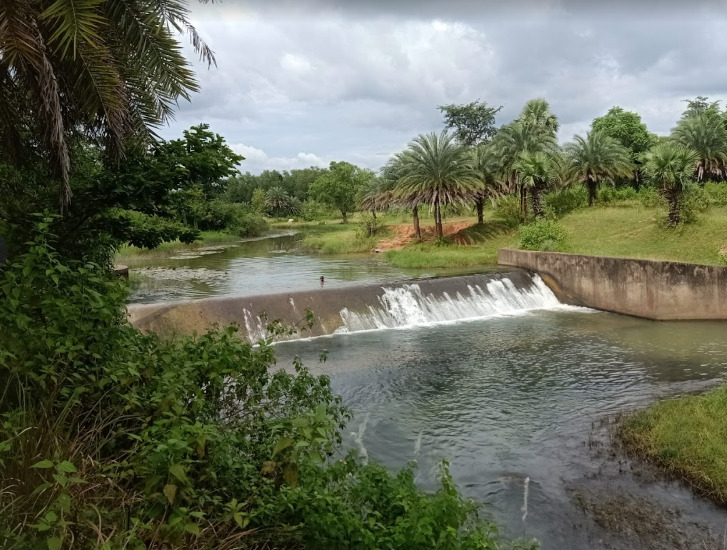
Ghatshila
Jharkhand
Ghatshila, in East Singhbhum district of Jharkhand, is a hill-station-style hill area known for hills, rivers, and scenic surroundings. It is a less-tourist hillside town, scenic hills + river, perfect for a quieter getaway. Visit because you’ll find nature-hills, lower crowd levels, a relaxed pace and a nice hillside ambiance.

Andhra Pradesh Blogs
- Andhra Pradesh Cultural guide
- Places to visit in Andhra Pradesh
- Places to visit in Andhra Pradesh
- India’s most popular destination
- India’s archaeological marvels
